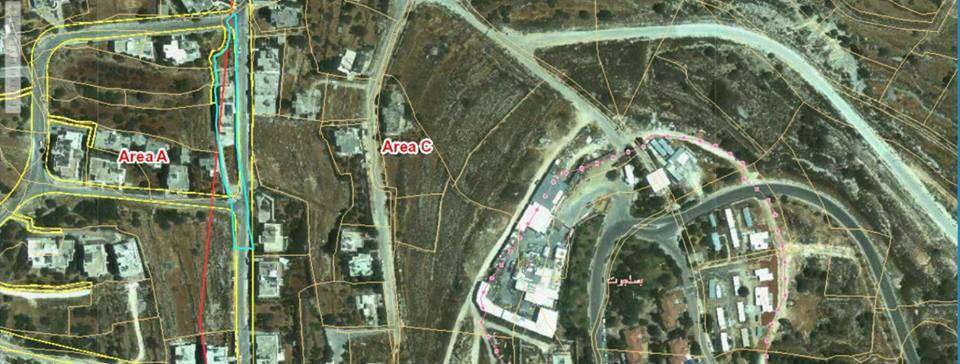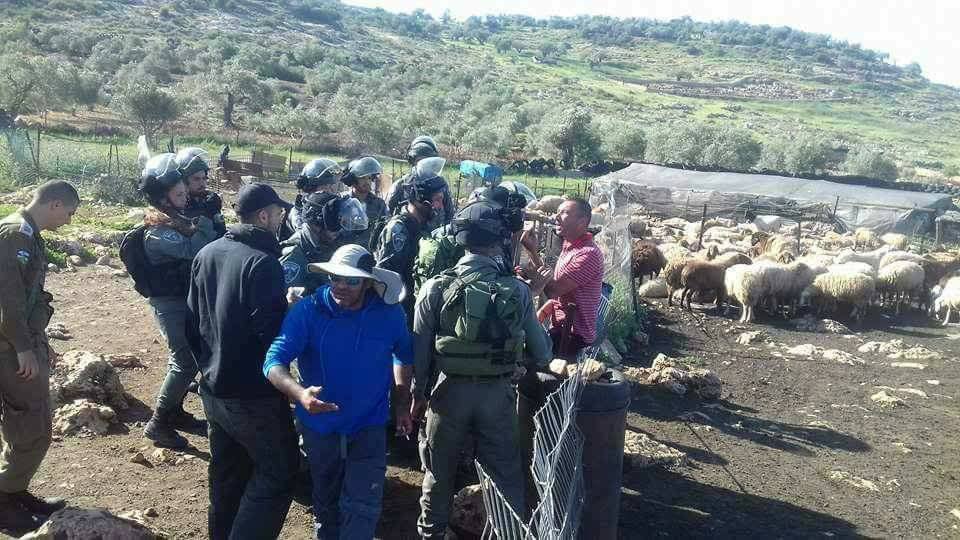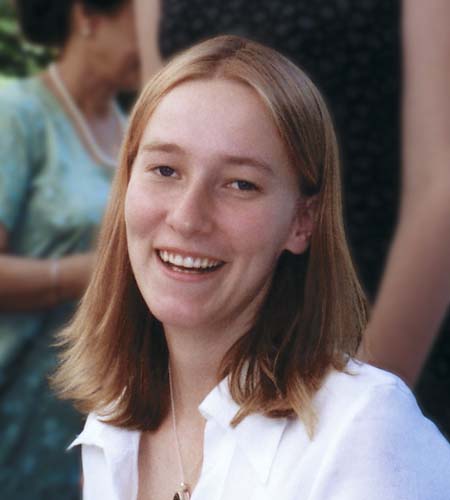Tag: House Demolition
-
Israeli forces threaten Palestinian families with house demolitions
7th April 2017 | International Solidarity Movement, Ramallah team | al-Bireh, occupied Palestine On 5th April, 2017, Israeli forces told Abbas Qar’an and his family that their home in al-Bireh was going to be demolished. The homes of two other anti-occupation activists in the area recieved similar threats. ISM activists met with Abbas, the son of…
-
Israeli forces demolish Palestinian farm in Abu al-Ra’eesh, west of Salfit
5th April 2017 | International Solidarity Movement, Ramallah team | Abu al-Ra’eesh, occupied Palestine On the morning of April 5, 2017, the Israeli occupation forces demolished residential tents and six sheep pens in the area of Abu al-Ra’eesh, southwest of Dirbolut, west of Salfit. The structures belonged to the Shheibar family and were located between the…
-
Honoring Rachel Corrie
16th March 2017 | International Solidarity Movement, occupied Palestine Today, March 16th, 2017, marks 14 years since the day that Rachel Corrie had her life taken. And though her life ended early, her courageous heart and defiant spirit will be carried onward, and continue to inspire many activists now and into the future. Holding a…



